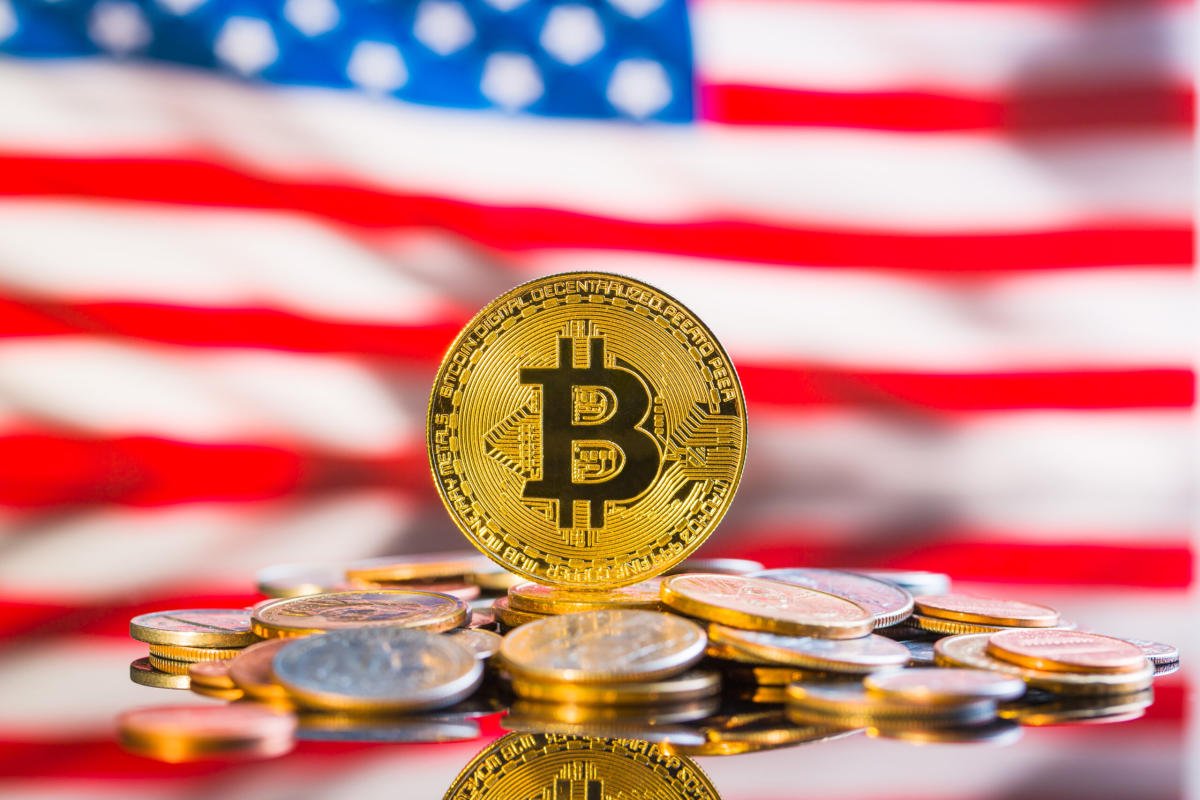Strategic Bitcoin Reserve in Chile Details provided by Andrés Villagrán, a lobbyist for nation-state mining, indicate. Several Chilean MPs are attempting to pass a law creating a Strategic Bitcoin Reserve (SBR). Sharing updates via X, Villagrán said he has been meeting with many government officials to promote BTC’s possible economic advantages.
The Road to Bitcoin Adoption in Chile
“My amazing adventure with Bitcoin began in 2023! The benefits of Bitcoin to Chile and its people have been explained in meetings with over 20 MPs and numerous ministers,” stated Villagrán, who added that his outreach became even more intense in mid-2024. Stackr CEO Simon Collins and US NGO Satoshi Act Fund CEO Dennis Porter have both been instrumental in supporting Villagrán’s work. Collins and Porter have both introduced laws and advocated for more environmentally friendly Bitcoin mining methods. As said by Villagrán:
Early in 2024, I welcomed several deputies from Chile, a country with a long and narrow border. Dennis Porter of the Satoshi Act Fund has introduced thirty laws. I met Simon Collins in the middle of 2024, and we immediately began working together because we had both been down this road before. Therefore, I extended an invitation to them to visit Chile and deliver documentation supporting their claims to Chilean lawmakers and the government.
Chile’s Interest in a Bitcoin Reserve

Representatives from President Gabriel Boric’s cabinet, Frente Amplio’s Deputy Andrés Giordano. The Socialist Party’s Deputy Juan Santana was among those who heard the team’s proposal for a Strategic Bitcoin Reserve in November 2024. Porter presided over comparable initiatives in the US states of Pennsylvania, Ohio, and Texas, and their conversations touched on those precedents. Deputy Gael Yeomans, who is a member of the Frente Amplio coalition and the Social Convergence party, has also suggested. The creation of a “Bitcoin Bench,” or Bancada Bitcoin, to investigate Bitcoin, review relevant laws passed abroad, and propose new legislation.
According to Villagrán, Deputy Gael Yeomans suggested the idea of a Bitcoin Bench (Bancada Bitcoin)… I think it would look best if this Bitcoin Bench ran from left to right. Regardless of this progress, the proposal for a Strategic Bitcoin Reserve may encounter resistance from Chile’s Central Bank, which has a long history of expressing doubts about Bitcoin as a national reserve asset. The concept was shot down in December of last year by the central bank, which cited regulatory roadblocks and IMF requirements for reserve assets—specifically, reliability, liquidity, and security—as their reasons. Despite concerns raised by the central bank, Villagrán maintains an optimistic outlook, saying that additional meetings with the Ministry of Finance and senators and deputies from various political parties are scheduled for 2025:
Chile Pushes for a Bitcoin Reserve in 2025
“In 2025, we will meet with the Ministry of Finance to introduce the SBR and all Senators and Deputies to give that nation a head start in integrating Bitcoin into its core economy.” Notably, Villagrán brought attention to the fact that the Central Bank of Chile is authorized by law to handle Bitcoin during a livestream with Porter.
He added that talks with the bank are in the works for later this year. Chile would join Argentina and Brazil as two Latin American nations that have lately investigated this possibility, should the Chilean plan be successful. The Brazilian government proposed in November of last year to invest 5% of its foreign reserves in bitcoin (BTC) as a hedge against economic uncertainty. Bitcoin was worth $99,260 as of this writing. At press time, BTC traded at $99,260.
Final Thoughts
A significant move toward incorporating cryptocurrencies into Chile’s national economy is the country’s exploration of a strategic Bitcoin reserve. Andrés Villagrán’s relentless lobbying and collaboration with Bitcoin proponents worldwide demonstrate. The growing recognition of Bitcoin’s potential as a financial asset. Regulatory roadblocks and opposition from established banking institutions, however, make the process anything but easy.
If successful, this project has the potential to make Chile, along with Argentina and Brazil. The Latin American leader in Bitcoin adoption. In 2025, Chile will engage in crucial discussions that could shape the future of cryptocurrencies in contemporary economies and impart valuable knowledge to other nations.
[sp_easyaccordion id=”4193″]









